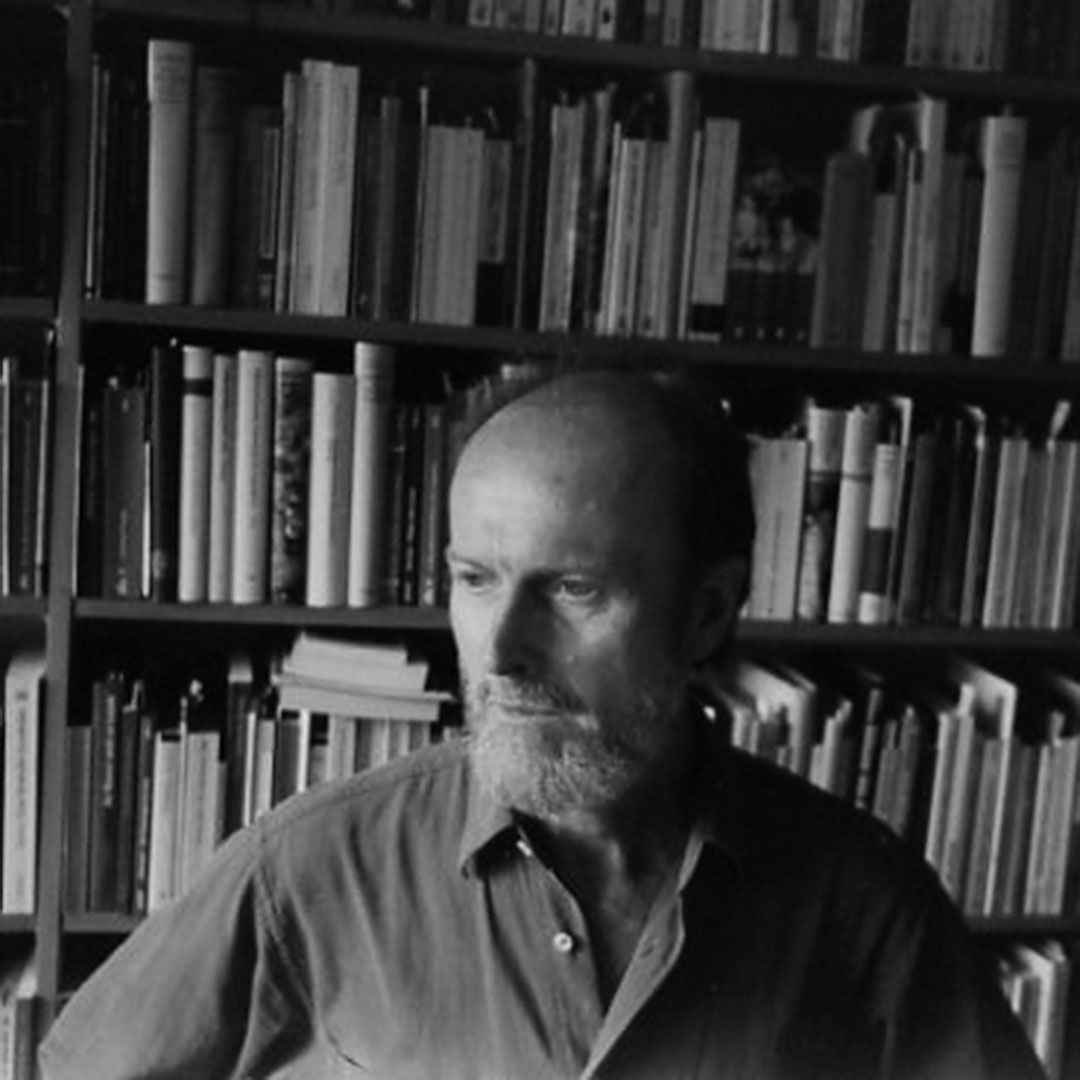Project Description
Die Frankfurter SchuleRolf Wiggershaus
Germany
Rolf Wiggershaus was born in Wuppertal in 1944. He studied Philosophy, Sociology and German Letters under, among others, Theodor W. Adorno, and completed his doctorate in Frankfurt/Main under Jürgen Habermas. Since then he has been working as a freelance publicist and lecturer at various universities at home and abroad. His book DIE FRANKFURTER SCHULE was published in 1986 and has since become a standard work and been translated into several languages.
 © Renate Wiggershaus
© Renate Wiggershaus//
Max Horkheimer: Entrepreneur in ‘Critical Theory’. An Introduction
No one stands for what came to be called the “Frankfurt School” in the 1960s like Max Horkheimer. The son of a textile manufacturer, in 1930 he took over the management of the Marxist “Institute for Social Research” with the aim of contrasting his father’s world of competition and profit-making with the alternative of a life dedicated to knowledge and characterised by solidarity. Forced into exile by the Nazis, the institute became a place of collaboration between intellectuals from different disciplines and continued to shape the intellectual development of the Federal Republic after its return to Germany. This new and up-to-date account of Horkheimer’s life and work offers an introduction and an overall view of this central thinker of the 20th century.
//
Theodor W. Adorno
Rolf Wiggershaus provides a clear account of Theodor W. Adorno’s philosophical motifs, socio-critical and contemporary diagnostic analyses, as well as his theoretical views on art, and presents the versatile intellectual as an imaginative critic of prevailing social practices.
//
The Frankfurt School
Today the “Frankfurt School” is synonymous with one of the twentieth century’s most important philosophical and sociological schools, and with the work of such outstanding intellectuals as Horkheimer, Adorno, Benjamin, Marcuse, Fromm, Habermas and others. Their names also stand for a continuous reflection on the pathologies of modernism, for the argumentative aspiration to a responsible, enlightened world.
The Frankfurt School outlines the history of that group from the foundation of the “Frankfurter Institut für Sozialforschung” in the Weimar Republic to its members’ exile in the United States, their return to Germany after the war, and the early 1970s. The book combines critically reconstructed biographies, the history of the institute, the development of the theory, and the presentation of the scholarly environment and socio-political background.
Wiggershaus published also a concise monograph on Theodor W. Adorno, Max Horkheimer and Jürgen Habermas, which describe their biographical background and their importance as philosophers. These books are an excellent introduction and are highly suitable for students of Letters, Arts, and Philosophy.
We represent The Frankfurt School for Spanish and Portuguese only.
RIGHTS
ESSAYS
Max Horkheimer: Entrepreneur in ‘Critical Theory’. An Introduction (“Max Horkheimer: Unternehmer in Sachen ‚kritische Theorie‘. Eine Einführung”)
Frankfurt am Main: Fischer Taschenbuch 2013, 240 p.
The Frankfurt School (Monograph) (“Die Frankfurter Schule (Monographie)”)
Reinbek: Rowohlt 2010, 160 p.
Jürgen Habermas
Reinbek: Rowohlt 2004 (rororo monographien 50644), 154 p.
Wittgenstein and Adorno. Two Variations of Modern Philosophising (“Wittgenstein und Adorno. Zwei Spielarten modernen Philosophierens”)
Göttingen: Wallstein 2000, 2001, 144 p.
An Introduction to Max Horkheimer (“Max Horkheimer zur Einführung”)
Hamburg: Junius Verlag 1998, 132 S.
Theodor W. Adorno
München: C.H. Beck, 1998, 150 p.
Japan: Heibonsha Library 1991 · Sweden: Daedalus 1993 · The Netherlands: Lemniscaat 2002
The Frankfurt School (“Die Frankfurter Schule”)
München: Hanser/dtv 1986, 792 p., Reinbek: Rowohlt TB 2010, 160 p., Frankfurt am Main: S.Fischer 2015 (ebook)
Argentina: Fondo de Cultura Económica 2010 · Brazil: Editora Civilização Brasileira 2003 · China: Century Publishing Group of Shanghai · France: Presses Universitaires 1993 · Italy: Bollati Boringhieri 1992 · Mexico: Fondo de Cultura Económica 2010 · Qatar: Arab Center for Research and Policy Studies (world rights) · UK: Polity Press 1994 · USA: MIT Press 1994

